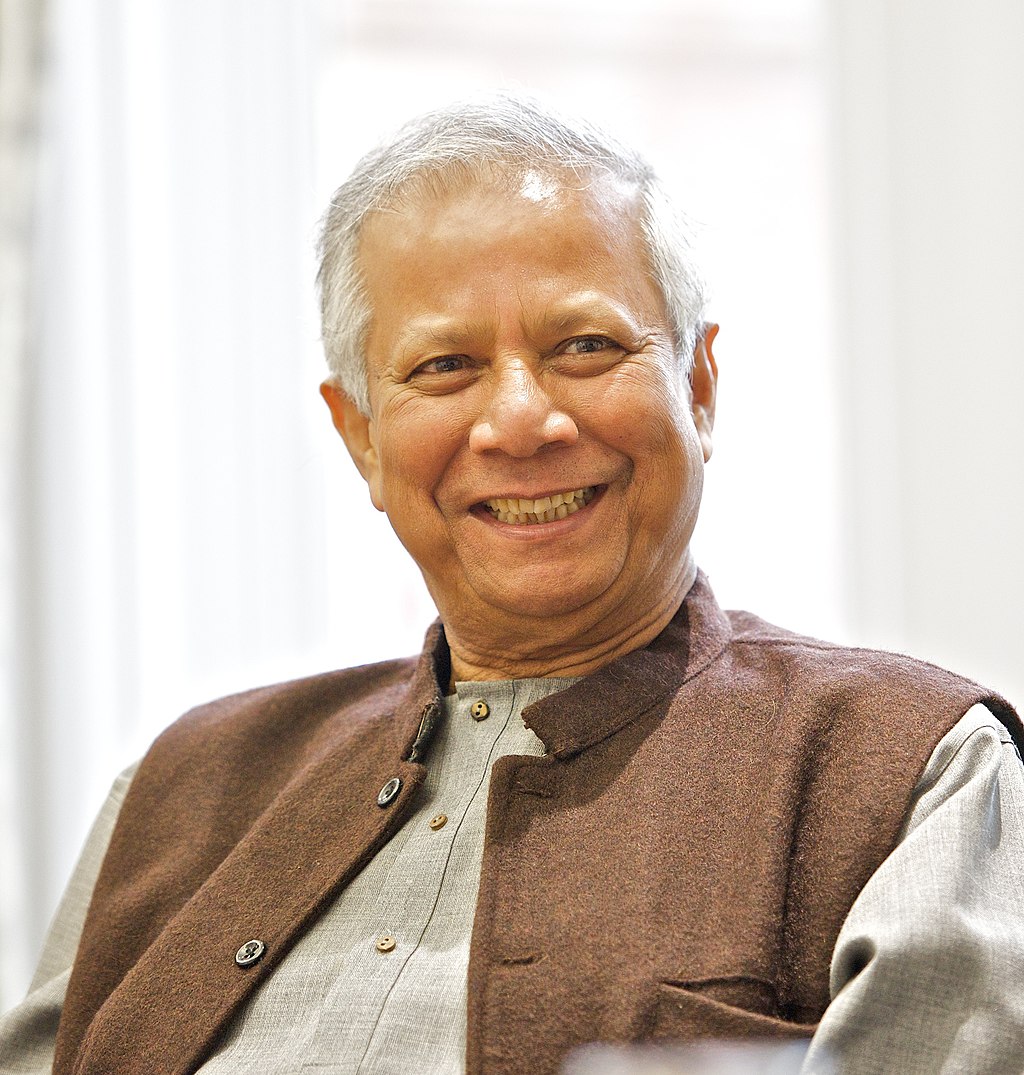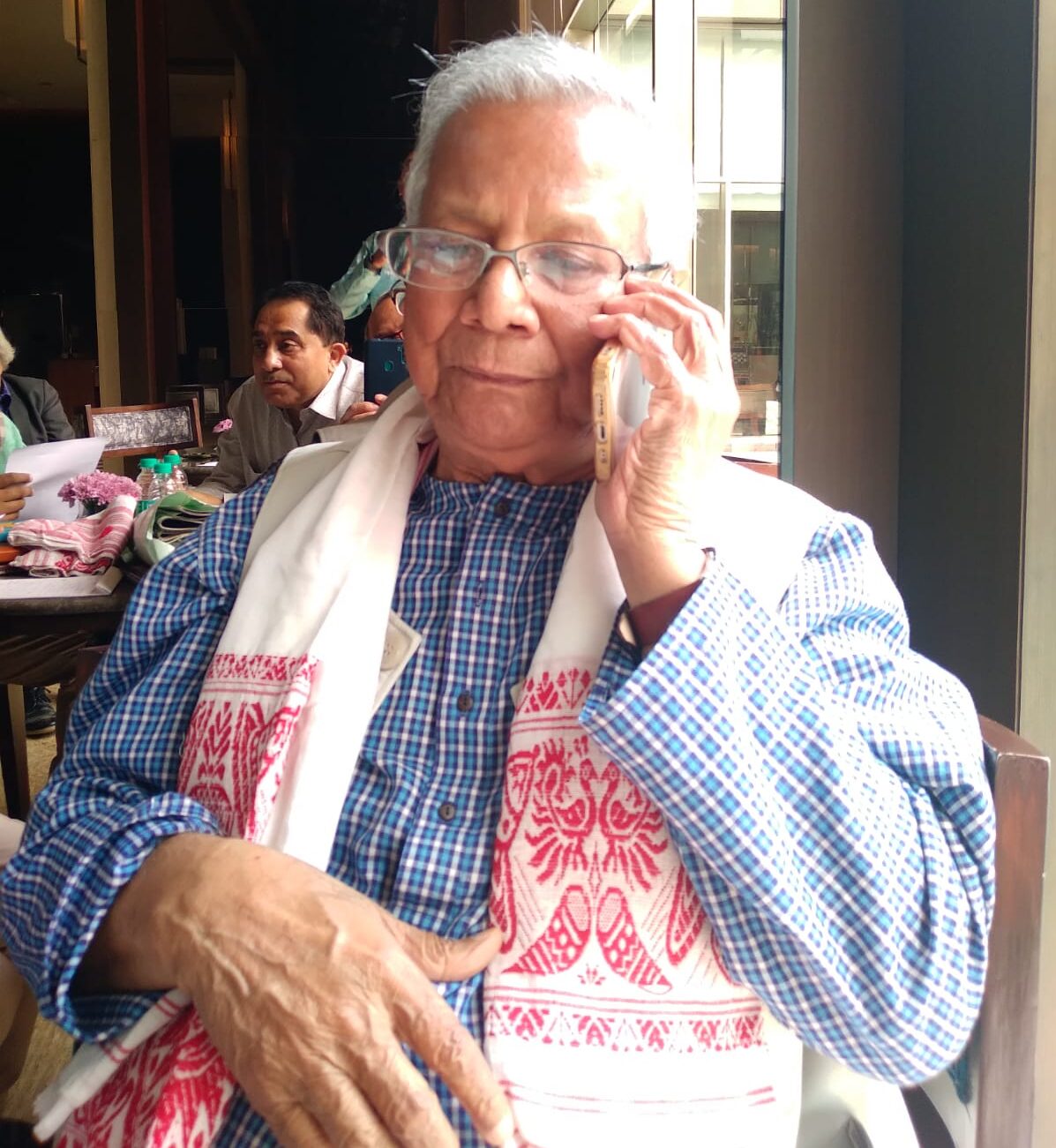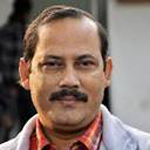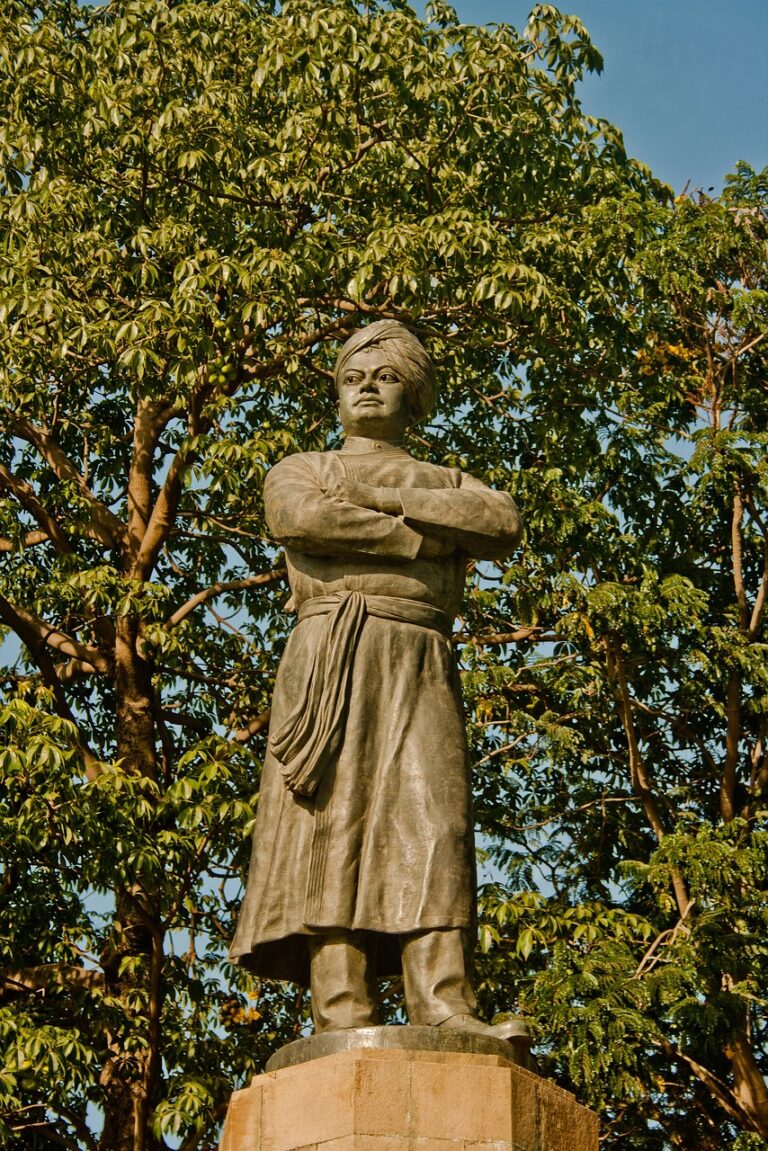
File photo of Prof Muhammad Yunus
Bangladesh’s President Muhammed Shahabuddin appointed the country’s lone Nobel laureate Professor Muhammad Yunus as the head of interim government at midnight of July 6-7, 2024.
Professor Yunus’ appointment was made following a series of discussions with the top military personnel, agitating student leaders and other law experts in Banga Bhaban. The Nobel laureate, who was in Paris following a special invitation from the International Olympic Committee, is expected to arrive in Dhaka by today evening.
Sources said his continuation in the office will be for three months and within this period the election in Bangladesh will be conducted by the Election Commission of Bangladesh.

The octogenarian motivator of social business however rejected the news of his joining active politics. His involvement in the neutral government will be for a limited period, said the soft-spoken professor.
Professor Yunus had agreed on principle to accept the responsibility of the chief adviser to the caretaker government, which became necessary after Prime Minister Sheikh Hasina resigned and left the country following a month-long uprising led by the student community in association with millions of Bangladeshi citizens.
The agitating student leaders emphasized that Professor Yunus should be made the interim government chief as he enjoys a larger acceptability among Bangladeshi nationals, including those living outside the country.
It may be mentioned that on July 23, 2024, Global Bihari dropped a hint at the prospect of Professor Yunus heading the government in Bangladesh.
Also read:
- Can Nobel Laureate Muhammad Yunus take control of Bangladesh?
- Is Bangladesh’s lone Nobel laureate being victimised by the State?
Earlier, President Sahabuddin ordered the release of opposition Bangladesh National Party (BNP) chairperson Khaleda Zia who was under house arrest by the Hasina-led Awami League government in Dhaka. Soon after her release, Begum Zia expressed her concern over the nationwide violence, vandalism and looting of state resources amid the uprising and asked the people to maintain peace.
The United Nations Secretary-General António Guterres also urged calm and restraint by all sides emphasizing the importance of a peaceful, orderly and democratic transition. Expressing full solidarity with the Bangla people, he underscored the need for a full, independent, impartial and transparent investigation into all acts of violence. The secretary-general deplored the loss of life during protests in the South Asian country.
*Senior journalist





